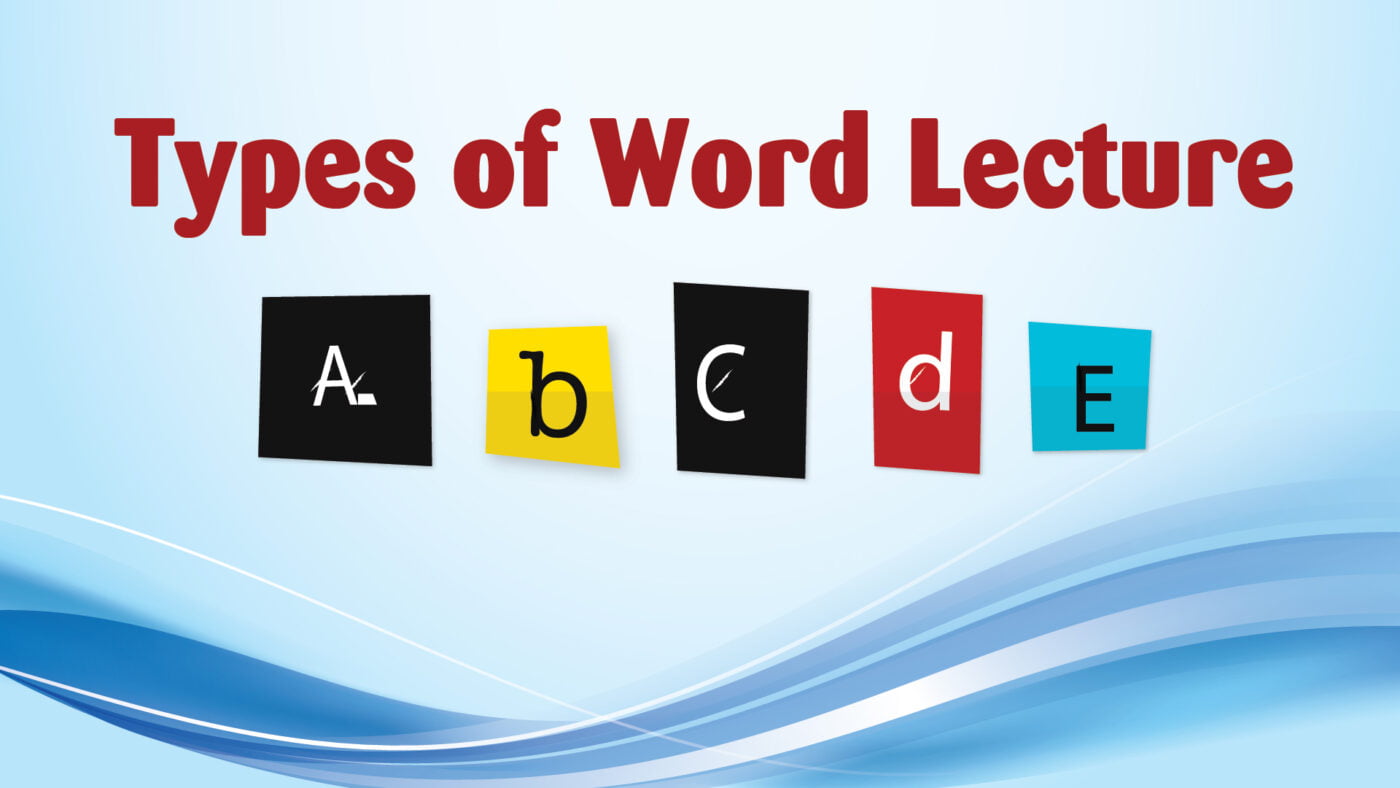Introduction to English Language
The English language is one of the most widely spoken and studied languages in the world. As a global lingua franca, it serves as a primary means of communication in international business, diplomacy, science, technology, and entertainment. Studying the English language opens doors to diverse cultures, literature, and opportunities in various fields.
The Importance of English Language
English is more than just a means of communication; it is a bridge connecting people from different backgrounds and cultures. Proficiency in English provides access to vast amounts of information, resources, and opportunities for personal and professional growth. It enhances cognitive skills, improves employability, and fosters global understanding.
Key Areas of Study
- Grammar and Syntax: Understanding the rules that govern the structure of sentences is fundamental to mastering English. This includes learning about parts of speech, tenses, sentence structure, and punctuation.
- Vocabulary: Building a robust vocabulary is crucial for effective communication. This involves learning new words, their meanings, usage, and pronunciation. A rich vocabulary enhances both written and spoken expression.
- Reading and Comprehension: Developing reading skills is essential for understanding and analyzing texts. This includes reading various genres such as fiction, non-fiction, poetry, and academic texts, and improving comprehension through critical thinking and interpretation.
- Writing: Effective writing skills are necessary for academic, professional, and personal communication. This involves learning to write essays, reports, emails, and creative pieces with clarity, coherence, and appropriate style.
- Listening and Speaking: Proficiency in listening and speaking is vital for effective verbal communication. This includes developing skills in listening for understanding, pronunciation, fluency, and engaging in conversations and presentations.
- Literature: Exploring English literature offers insights into the cultural, historical, and social contexts of different time periods. Studying works of literature enhances critical thinking, empathy, and appreciation of artistic expression.
Applications of English Language
Proficiency in English has practical applications in various domains:
- Education: English is the medium of instruction in many educational institutions worldwide. Mastery of English is essential for academic success and access to higher education opportunities.
- Career: Many professions require strong English language skills, including journalism, law, medicine, business, and technology. It is often a prerequisite for job applications and professional advancement.
- Travel and Tourism: English is commonly used in the travel and tourism industry, making it easier to navigate and communicate in different countries.
- Technology and Media: English dominates the internet, social media, and digital content. Proficiency in English allows access to a vast array of information, online courses, and global networking.
Conclusion
The study of the English language is a gateway to a world of opportunities and experiences. It empowers individuals to communicate effectively, engage with diverse cultures, and access a wealth of knowledge. Whether for academic purposes, career advancement, or personal enrichment, mastering English is a valuable and rewarding endeavor.








